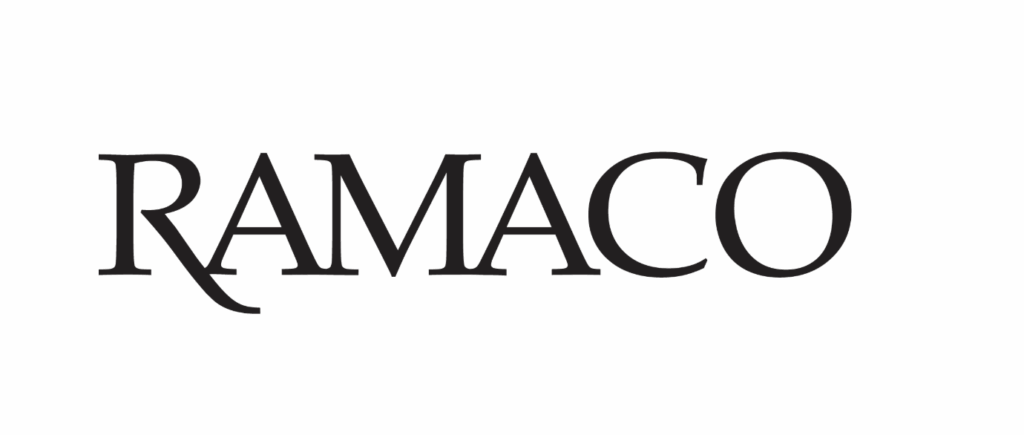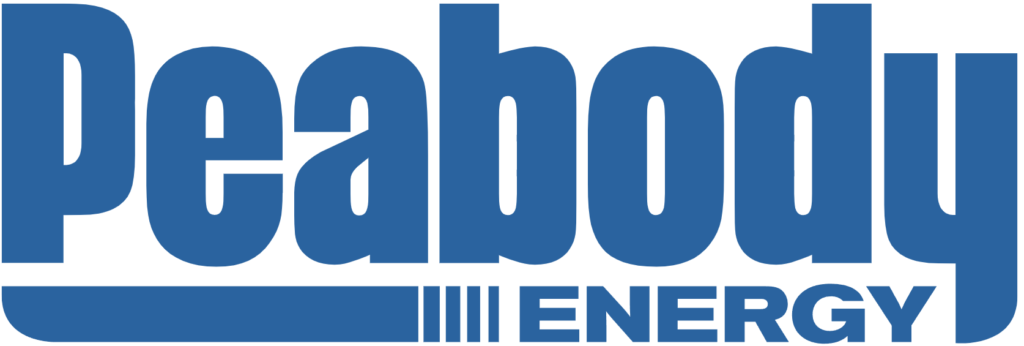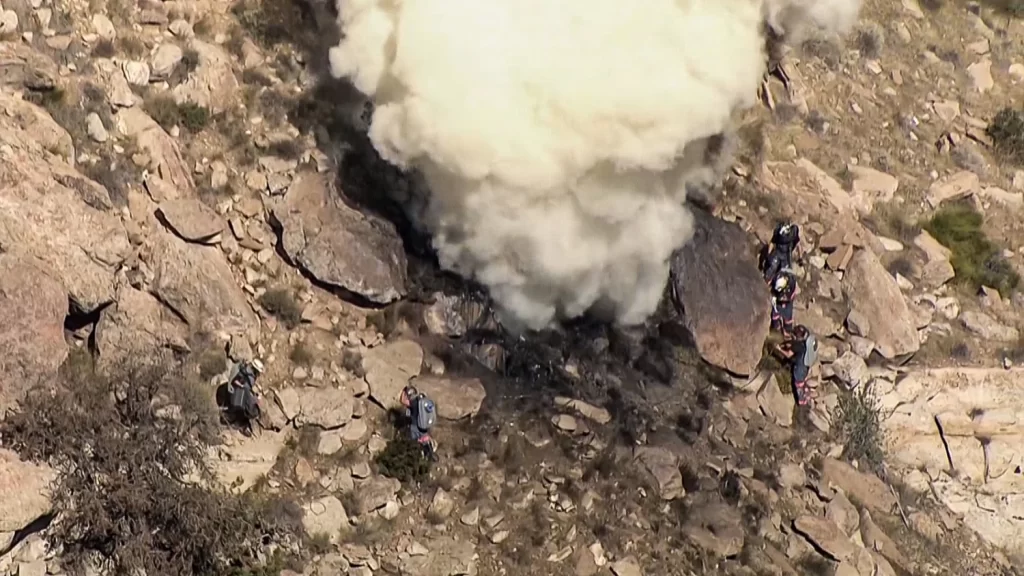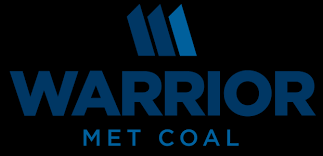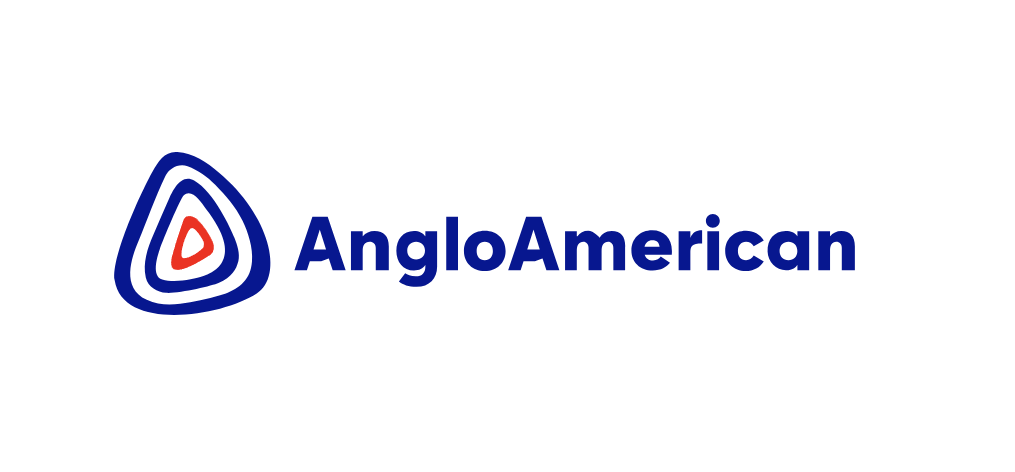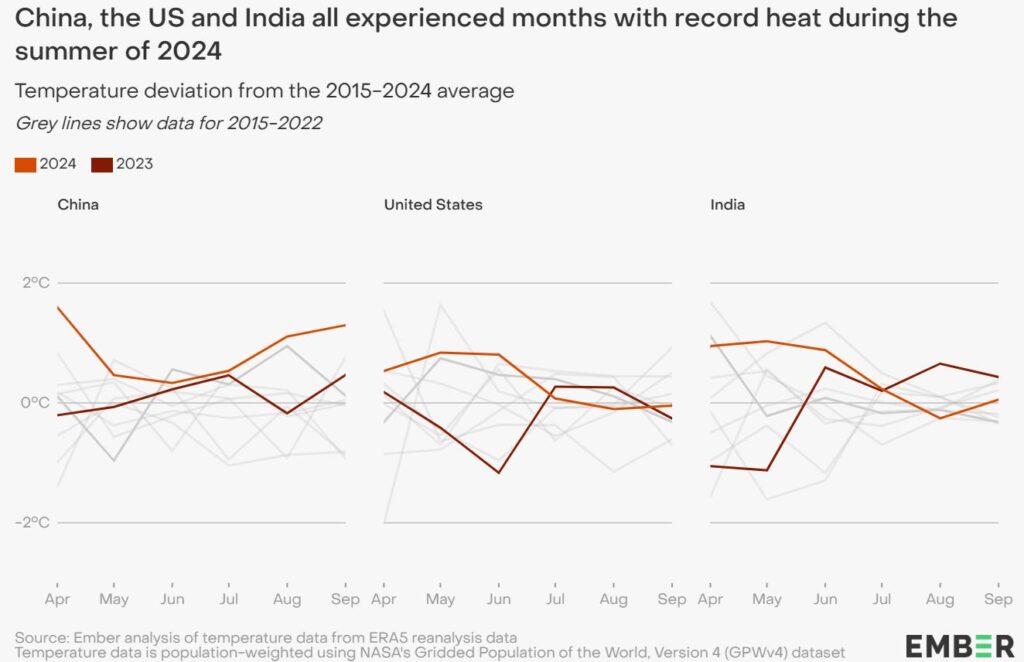The government plans to introduce a greenfield washery development policy to increase the use of domestic coking coal by private steelmakers.
Under the policy, the coal ministry will offer land to private steel manufacturers on long-term lease along with assured coking coal supplies.
“We are hopeful that the steel makers who import coking coal, will set up the washeries on the land provided by the government, wash the domestic coking coal and use it for captive consumption,” said a person in the know of the developments.
The person said that the policy is expected to be introduced just after the general elections. “The coal will have to be used by the steel companies for their captive consumption. The policy would mandate that the end-user has to be a steel company,” the person added.
Another person said that the launch of a policy framework for greenfield washery development would also depend upon the response for the planned monetization process for abandoned washeries of state-run companies.
Last week, the coal ministry announced the launch of the monetization process for the Dugda Coal Washery of Bharat Coking Coal Ltd (BCCL). Three more abandoned washeries including Mohuda and Madhuband washeries would also be put on the block going ahead, the second person added.
The coal ministry said on 13 March that monetization of the Dugda Coal Washery will be held through a transparent competitive auction process and will be awarded to a steel manufacturer. The old and non-operational washery will be awarded to the bidder along with the coal linkage corresponding to the highest premium paid for the coal quantity. The successful bidder will renovate and operate the washery.
A strategy paper on coal import substitution released by coal minister Pralhad Joshi also highlighted the plan to monetize coking coal washeries of BCCL in FY25 to steel players to increase the country’s washing capacity.
“Similar action may be considered for those coking coal washeries which have either outlived or having very poor capacity utilization and performance, to steel players resulting in increase in washed coking coal supply to steel sector,” the strategy paper noted.
The move to monetize washeries and frame a policy for greenfield washery development is in line with the government’s plan to reduce the import dependency for coking coal. Although the coal ministry aims to halt thermal coal imports by FY26 by rapidly increasing domestic production, complete self-sufficiency for coking coal production is unlikely given the high ash content and low quality of the local coking coal, which is largely used in steel manufacturing.
The government is, however, looking at reducing the import of the mineral. As Indian coking coal is inferior in quality, it needs to be blended with imported coal. The raw domestic coking coal needs to be completely washed and supplied to the steel sector to substitute imports.
The current coking coal washing capacity in India stands at about 61 million tonnes.
Further, only about one-third of the total coking coal production is useful for steel industry after the washing process.
Out of the India’s total production of about 61 million tonnes of coking coal, only 11 million tonnes is being washed and supplied to steel sector, the rest going to power houses.
Annually, steel companies import about 55 million tonnes of coking coal.
“Washing is required to bring down the ash content of Indian coking coal which goes up up to 49% making is unusable in blast furnaces. Coal with ash content of 10-12% is considered ideal. Washing would at least bring down the ash content to less than 18%. Blending of imported coal would help in further reducing the ash content,” said the first person mentioned above.
Source: Livemint

